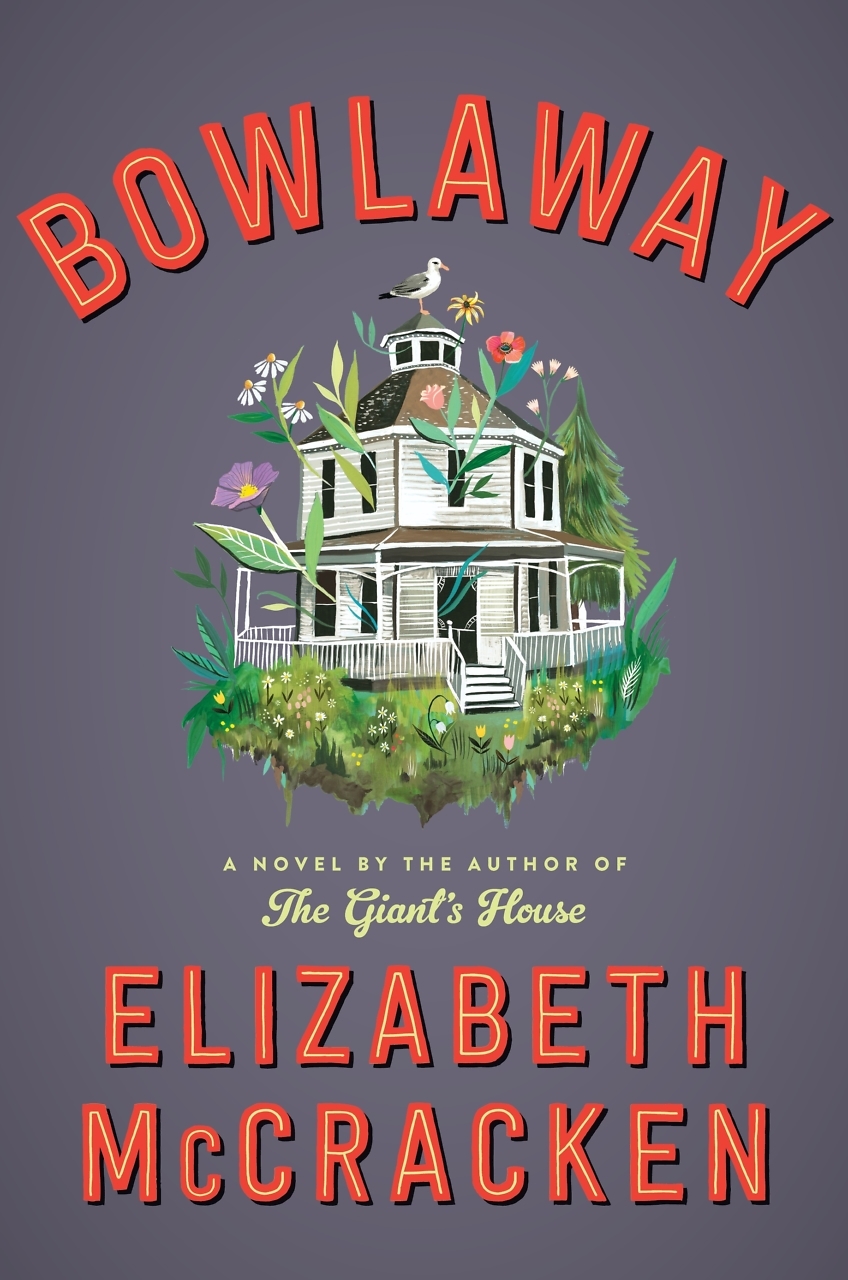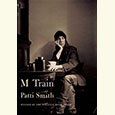To Stand Close and Feel Less Alone
Kevin Wilson’s Run for the Hills explores the importance of showing up for family
In Run for the Hills, Sewanee author Kevin Wilson takes readers on an unconventional road trip with four siblings eager to ask some hard questions of their long-lost father.
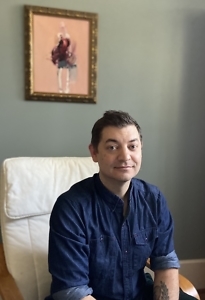
Thirty-two-year-old Madeline “Mad” Hill is stunned when Reuben “Rube” Hill shows up at the organic farm she runs with her mother and announces he is her half-brother. He goes on to explain that their father left Rube and his mother in Boston when he was a child, years before he left Mad and her mother in rural Tennessee in the same sudden, unexplained manner.
Rube also informs Mad that they have at least two other half-siblings, born after their father left Tennessee. He proposes that they join forces to cross the country in search of their dad, whom Rube believes to be in California, with stops to visit their younger sister in Oklahoma and younger brother in Utah, who were also left behind.
Since her father’s departure when she was 10 years old, practical and down-to-earth Mad has rarely left the farm, instead working tirelessly beside her mother to turn it into a successful business. She hasn’t had time for much more in her life, and the thought of taking off on such an outlandish quest with a stranger, on the way to meet up with other strangers, seems impossible.
And yet, she has to admit that farm life has been isolating: “‘I’ve been very lonely, Carl,’ she said to herself, one of the last sentences in Willa Cather’s O Pioneers!, a line that always occurred to her when she was the slightest bit tired or inconvenienced. … Sometimes she thought if she ever met a nice guy named Carl, she’d marry him just so she could say the line to a real person.”
Uncharacteristically, yet with her mother’s blessing, Mad decides to take a chance.
As Rube and Mad drive, they compare notes and observe some surprising similarities in the ways their chameleonlike father, though absent, nevertheless strongly influenced their lives. He has been responsible for all his children’s nicknames and, in many ways, their chosen fields of interest. Rube is a novelist, the career pursued by his father, who was known as Charles during his years in Boston. Mad’s father, who went by Chuck, instilled in her a love of the land and working with her hands.
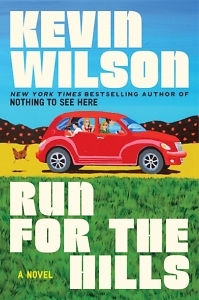
As the trip goes on, the siblings discover the same patterns in college basketball star Pepper (called Pep), whose father Chip coached their local high school team to a state championship before leaving Oklahoma and starting a new life as a cameraman (Carl), who inspires 11-year-old Theron (aka Tom) to make his own movies. Considering their age differences, Mad wryly observes:
By the time they discovered their father somewhere in California, they would not look like a group of siblings. They would look like a nuclear family, with Rube as the dad and Mad as the mom and Pep and [Tom] their children. And their father, Mad realized, would look like their grandfather. She imagined all of them sitting for a portrait at the JC Penney, the resulting image, in a gold frame, confusing every single person who looked at it.
In its portrayal of a quirky dysfunctional family in which children attempt to hold a parent to account for past bad actions, Run for the Hills is delightfully reminiscent of Wilson’s first novel, The Family Fang. It’s similarly thoughtful, funny, emotional, and wise. Although cautious at first, the Hill kids are ultimately more open and optimistic than the circumstances seem to encourage, and the novel is suffused with a wistful sweetness. It is a poignant meditation on what it means to be part of a family and the ways its members may not only disappoint, but surprise, support, and change one another.
Just before Rube and Mad reach out to Pep with their crazy scheme and the truth about her dad, Mad thinks, “There was a rush to this that felt more than just familial; it was the terror of putting yourself in a position where someone could absolutely destroy you. You had to rely on the hope that something, and maybe it was genetic, would keep the person from hurting you, to believe you when you said you only wanted to stand close to them and feel less alone.”
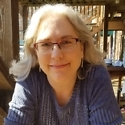
Tina Chambers has worked as a technical editor at an engineering firm and as an editorial assistant at Peachtree Publishers, where she worked on books by Erskine Caldwell, Will Campbell, and Ferrol Sams, to name a few. She lives in Chattanooga.
